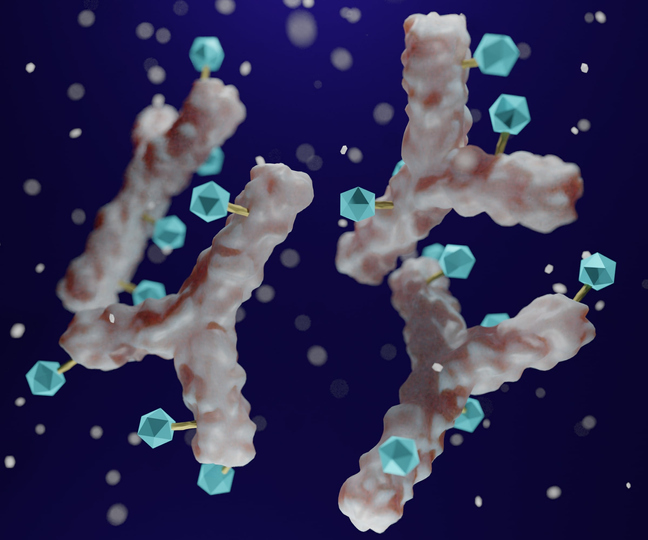
Johnson & Johnson (J&J) announced today it has entered into a definitive agreement to acquire Ambrx Biopharma, a clinical-stage biopharmaceutical company with a proprietary synthetic biology platform, for $2 billion. Ambrx has been advancing its portfolio of next-generation antibody drug conjugates (ADCs) in a range of cancer indications.
With the Ambrx acquisition, J&J strengthens its oncology pipeline with Ambrx’s lead candidate ARX517, a proprietary ADC targeting PSMA for metastatic castration-resistant prostate cancer (mCRPC) as well as ARX788, its ADC targeting human epidermal growth factor receptor 2 (HER2) for metastatic HER2+ breast cancer, and ARX305, its ADC targeting CD-70 for renal cell carcinoma.
“Ambrx’s ADC technology offers unique advantages in the conjugation of stable antibodies and cytotoxic linker payloads, which results in engineered ADCs that effectively kill cancer cells and limit toxicities,” said Yusri Elsayed, MD, PhD, J&J’s Innovative Medicine global therapeutic area head, oncology. “The results seen to date with ARX517 in mCRPC are promising and represent a potential first- and best-in-class targeted therapy for the treatment of this aggressive disease. In addition, Ambrx’s pipeline and ADC platform present exciting future opportunities to deliver enhanced, precision biologics as we look to transform the treatment of cancer and improve patients’ lives.”
The Ambrx platform is attractive to J&J as a means of developing targeted cancer therapies with an ADC technology platform that delivers monoclonal antibodies that are highly specific in their targeting that are linked to a chemotherapeutic payload. The goal of these therapies is to provide targeted therapies that may significantly reduce side effects that are common with chemotherapeutic regimens.
The initial focus for J&J will be the Phase I/II APEX-01 study of ARX517 in advanced prostate cancer.
“With a median overall survival of less than two years and novel hormonal therapies moving earlier in the disease, significant unmet need remains in the treatment of mCRPC,” said Margaret Yu, MD, prostate cancer disease area leader, Johnson & Johnson Innovative Medicine. “We see a unique opportunity to harness the potential of this innovative ADC platform, and with our deep understanding of prostate cancer, deliver a targeted PSMA therapeutic for addressing the growing needs of the more than 185,000 patients living with metastatic castration-resistant disease today.”
ARX517 is an investigational antibody-drug conjugate composed of a humanized anti-PSMA mAb linked to AS269, an Ambrx proprietary potent microtubule inhibitor. The drug is designed to target the prostate-specific membrane antigen (PSMA), which is highly expressed in metastatic castration-resistant prostate cancer (mCRPC) and has been validated as a therapeutic target.
According to an update on the APEX-01 trial released in November, preclinical studies had demonstrated the cancer cell killing payload of ARX517, pAF-AS269, as highly cytotoxic when delivered by a mAb into cancer cells. ARX517’s site-specific linkage, stable conjugation chemistry, and non-cleavable linker result in an ADC with a homogenous drug-antibody-ratio, mAb-like biophysical properties, and exceptional stability, Ambrx said.
Under the terms of the transaction, which was approved by the Johnson & Johnson board of directors, J&J will acquire all of the outstanding shares of Ambrx’s common stock for $28.00 per share in cash through a merger of Ambrx with a subsidiary of the J&J. The company anticipates the deal will close in the first half of 2024, subject to receipt of Ambrx shareholder approval, regulatory clearance and other customary closing conditions.













